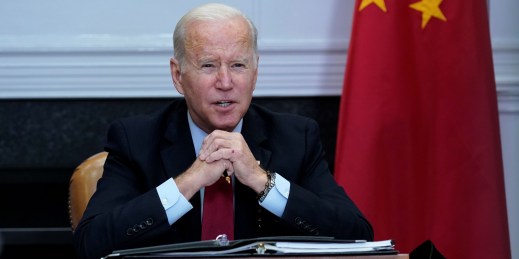Human Rights Archive
Free Newsletter
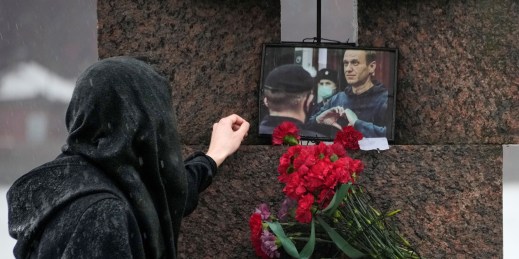
Alexei Navalny’s death last week fueled despair among dissidents and emigres struggling to break President Vladimir Putin’s grip on Russia. Now, unless other leading activists can move quickly to revive the remnants of Russia’s democratic opposition, their influence is likely to fade away for the foreseeable future.
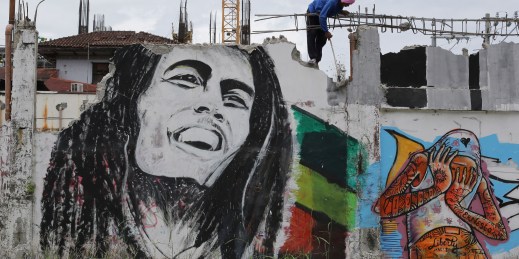
The release of the Bob Marley biopic, “One Love,” presents an opportunity to reexamine Marley’s broader intellectual legacy, which has important lessons for anyone interested in the politics of freedom movements and is of particular significance for observers and practitioners of international development.
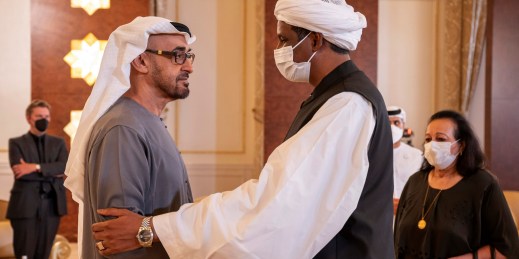
Relations between Sudan and the United Arab Emirates have deteriorated rapidly in recent months because of Abu Dhabi’s alleged support for the Rapid Support Forces, which remains at war with the military-led government. Now, Sudan has reestablished ties with Iran, the latest signal that the UAE’s stance has backfired.
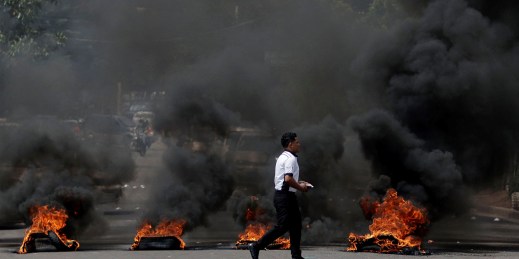
Violence and corruption in Central America, particularly in the Northern Triangle countries, is causing a wave of outward migration. Since taking office, the Biden administration has pledged to tackle the root causes of the problem, which the Trump administration’s restrictive measures and pressure on regional governments did nothing to address. Meanwhile, efforts at reform across the region face opposition from entrenched interests that benefit from the status quo.
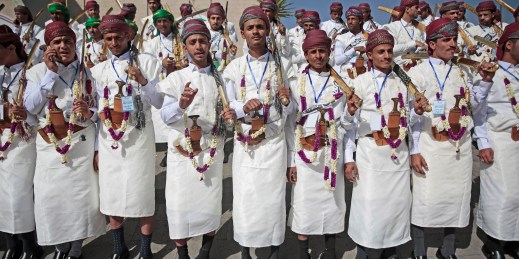
Given that so many rebel groups seek to radically restructure society, it comes as no surprise that they would also concern themselves with regulating marriage. So while much of the coverage of rebel marriages is sensationalistic and shallow, marriage is a critical but underappreciated aspect of rebels’ wartime activities.
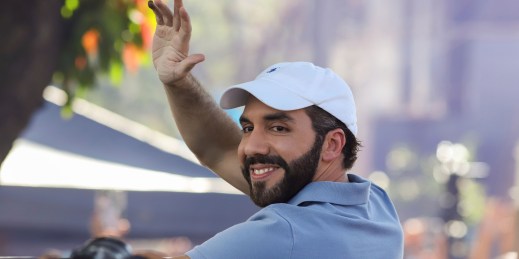
The past three decades of Latin American history are full of presidents who stretched the constitutional limits of power and extended their mandate. Most, but not all, left their country worse than they found it. El Salvador’s Nayib Bukele’s name can now be added to that list. His legacy depends on what happens in the coming five years.
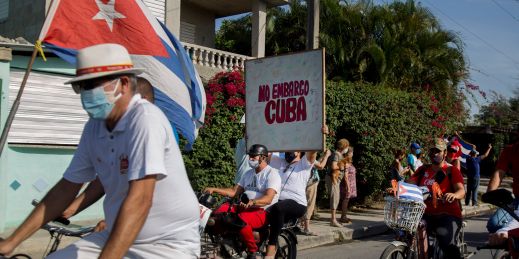
In April 2021, Cuba experienced a watershed moment when Miguel Diaz-Canel became the leader of the Cuban Communist Party, completing a political transition that began three years earlier when Diaz-Canel was inaugurated as president. Now, for the first time since the 1959 revolution, a Castro leads neither the country nor the party, making way for a new generation of leaders to chart the island nation’s path forward.

